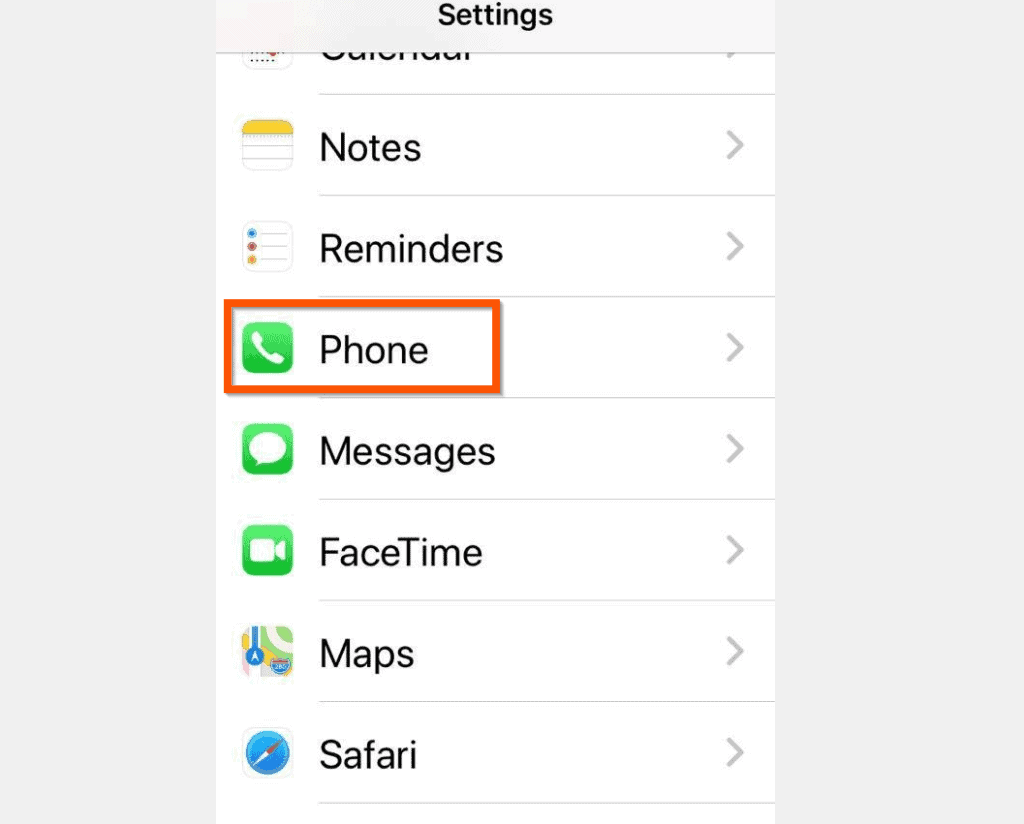
There are lots of people who got what they thought was a “new” number but then received debt collector calls meant for the previous owner of that number. This “new” number has likely been “deactivated” for at least 90 days, but it might be even less in high-demand area codes. Typically, any “new” number your carrier gives you isn’t new at all. That’s because phone carriers recycle old numbers. Then, the very next day, an IRS scammer calls you.

The number has grown so high that you can’t take it anymore and change your number. Let’s imagine you’ve received 50 spam calls in the last month (although that may be more reality than imagination). If you’re trying to escape spam calls, changing your number is a gamble that won’t last long. In this post, we’ll show you why changing your number doesn’t always provide the relief you’re looking for and why a cleanse is better than a fresh start. Fresh starts like this backfire and can create additional hassles, making the whole thing more trouble than it’s worth. When the number of unwanted calls reaches three, five, ten, or even more each day, starting over with a new phone number can appear to be the shortest path to relief. It’s enough to make throwing your smartphone into the ocean sound like a good idea, if only it didn’t cost so much. Other times, it’s a scammer ringing several times a day trying to steal your money or identity. Sometimes that looks like “No Caller ID” or “Private Caller” harassers who won’t leave you alone. Sadly, plenty of people abuse what was meant to be a positive communication tool. Calls from strangers feel like an invasion of privacy.

But is it?Ī phone call from a friend or parent is a welcome gift.

Sometimes a new phone number feels like the only relief.


 0 kommentar(er)
0 kommentar(er)
